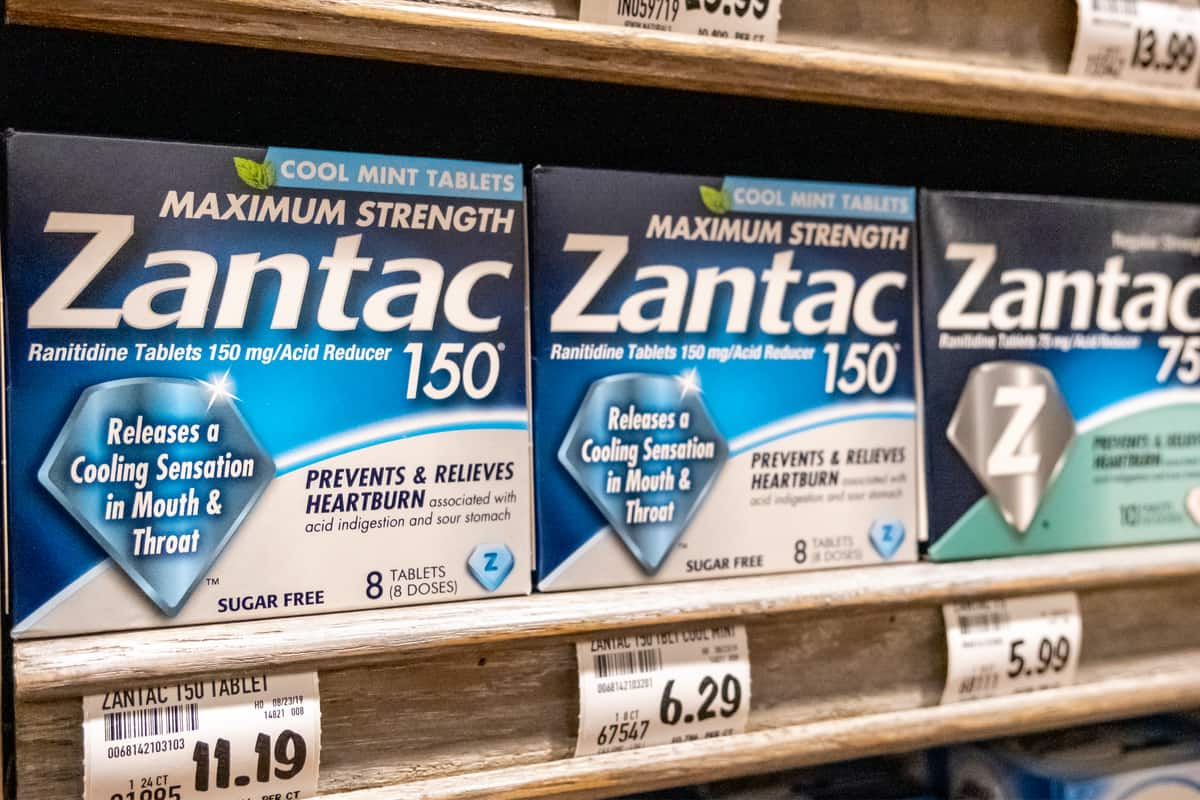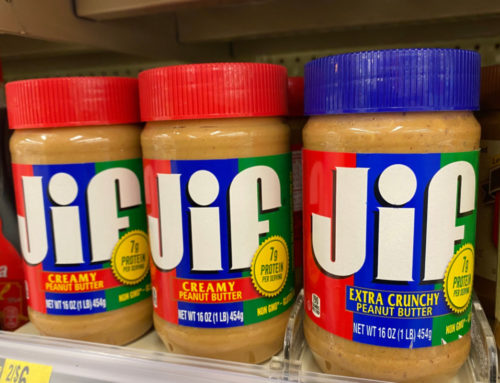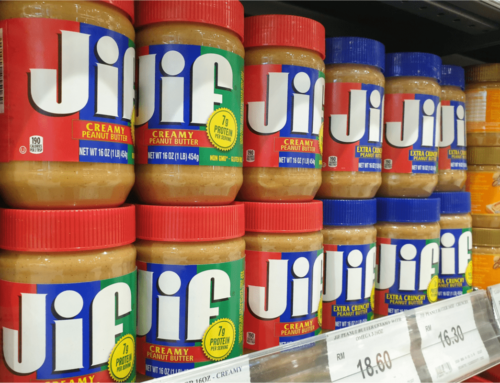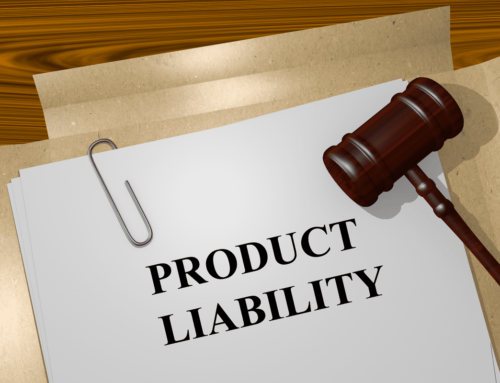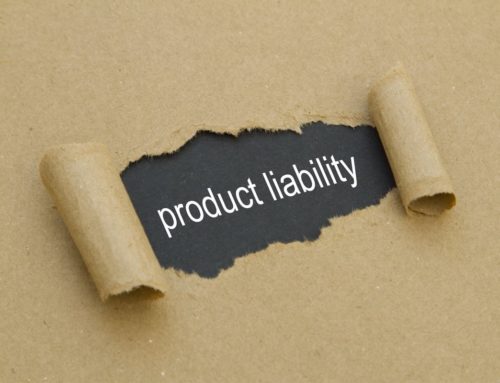Pharmaceutical companies manufacture products every day that sail on to the consumer market filled with glowing promises but sometimes those products turn out to harm people instead. That is true for Zantac, a popular over-the-counter product which is now the subject of massive product liability litigation. In the effort to help potential candidates considering Zantac litigation, we created the following Frequently Asked Questions (FAQs) for Filing a Zantac Claim. These questions and answers may help you decide if you qualify as a Zantac case plaintiff.
How Would You Describe Zantac?
Zantac is one of several drugs called histamine 2 blockers that decrease the volume of stomach acid.
What Is Zantac Used For?
Since it’s introduction in 1981, Zantac has grown into a very popular and low-priced remedy for heartburn sufferers. Zantac is readily available as an over-the-counter drug.
Is Zantac Only Available Without Prescription?
The active ingredient in Zantac is a drug known as ranitidine. While Zantac is readily available without a prescription for heartburn sufferers, more serious stomach problems, such as ulcers, rely on ranitidine in prescription form. Since 2010, physicians prescribe ranitidine in generic form over 15 million times a year.
What Company Sells Zantac?
Several drug manufacturers sell the main ingredient, ranitidine, under different product names. GlaxoSmithKline (GSK) originally developed the product and introduced the FDA-approved version in the US in 1981. Today, GSK continues to market Zantac in other countries but not in the U.S. Another manufacturer, called Sanofi, markets Zantac to US consumers under the brand name Zantac.
Why Are Consumers Suing Zantac Manufacturers?
The class of plaintiffs has been growing ever larger since physicians determined that Zantac users suffer from the following types of cancers:
- bladder
- uterus
- stomach
- kidney
- liver
- testicular
- small intestine
- colorectal
- esophageal
Valisure, a pharmaceutical company, issued the first warning that the test of their supply of ranitidine found an impurity known as NDMA in the entire supply no matter which manufacturer produced the lot tested. It turns out that NDMA (N-nitrosodime) has toxic effects on human DNA molecules. The affected DNA molecules lead to cancerous cells.
When Did Consumers Become Aware That Zantac Was Dangerous?
The warning originated from Valisure on September 9, 2019, when the company petitioned the Food and Drug Administration (FDA) to recall the drug. In response to Valisure’s recall petition, the FDA issued a warning on September 13, 2019, indicating that large amounts of ranitidine may cause cancer but that only trace amounts were found in Zantac.
Does FDA Still Say the Drug Is Safe?
No. On January 8, 2020, FDA announced its testing found unacceptable levels of NDMA in Zantac. FDA suggested companies test their Zantac inventory and if they found NDMA in excess of the FDA’s daily maximum, FDA asked companies to voluntarily recall the drug.
Is Zantac Still Available On the Market?
No. Individual US retailers (Walgreens, Walmart, CVS, for example) voluntarily took Zantac from their stores after the FDA’s lukewarm announcement about trace amounts of ranitidine in Zantac.
In October 2019, Sanofi voluntarily recalled Zantac.
It wasn’t until April 1, 2020, that the FDA requested that manufacturers remove all Zantac prescription and over-the-counter products from the market.
How Do I Qualify for a Zantac Lawsuit?
If you took prescription-grade Zantac, especially over a long period of time, the proof for your claim is in your medical records. If, however, you ingested over-the-counter Zantac for heartburn, you will need receipts or some documentary proof that you took the drug. Your doctor may be able to help.
When Did the Lawsuits Begin?
The first Zantac lawsuit was filed in the Southern District of Florida in October 2019 under the case name Kerzer v. Sanofi-Aventis US, et al.
On February 6, 2020, the Judicial Panel for Multidistrict Litigation ordered about 141 federal cases to consolidate as MDL 2924. As of August 6, 2006, the number of MDL 2924 cases is 291. Lawyers expect this number to increase significantly because millions of people took Zantac over the years.
Did the Manufacturers Know Zantac Was Dangerous?
Plaintiffs in the MDL lawsuits charge that Sanofi knew Zantac may convert to NDMA in the body. They claim that Sanofi also knew that NDMA was carcinogenic and failed to warn either patients or doctors about the risks of ingesting Zantac.
What Can I Get If I Win?
Product liability cases like the Zantac case are a special kind of personal injury case. Like personal injuries from other causes, plaintiffs can sue to recover compensatory damages and punitive damages (if the court finds the defendant’s behavior terrible). Compensatory damages mean that the court will assign a dollar value to the injuries you suffered as a result of the defective product. Compensatory damages try to put you back to the position you enjoyed before the injury. Punitive damages, on the other hand, punish the manufacturer of the defective product and discourage harmful conduct.
Money damages include reimbursement for medical expenses, lost wages, and pain and suffering.
Am I Too Late to Join?
Every state has its own time limits on filing a case. If you don’t file a case within the state’s prescribed time period, the judge can dismiss your case even if you have a good claim. In some cases, the time limit starts to run when your injury happens and in other cases, it starts to run when you discover the injury. These rules are especially important in product liability drug cases where you might not know the drug caused your injury until years later.
I Have No Money to File a Lawsuit. How Can You Help Me?
Product liability cases are often taken on a contingency fee basis which means that you do not pay the attorney’s fees and firm expenses until the attorneys win a recovery for you.
Things to Consider.
To read more about the Zantac cases, you may enjoy the July 2020 article from southfloridareporter.com entitled “Product Liability and Dangerous Drugs: A Look Into Zantac.”
To talk more about becoming a Zantac plaintiff, or anything else, please contact us. We will be happy to evaluate the particulars of your, or a loved one’s, injuries to see if there is a case for compensation.



